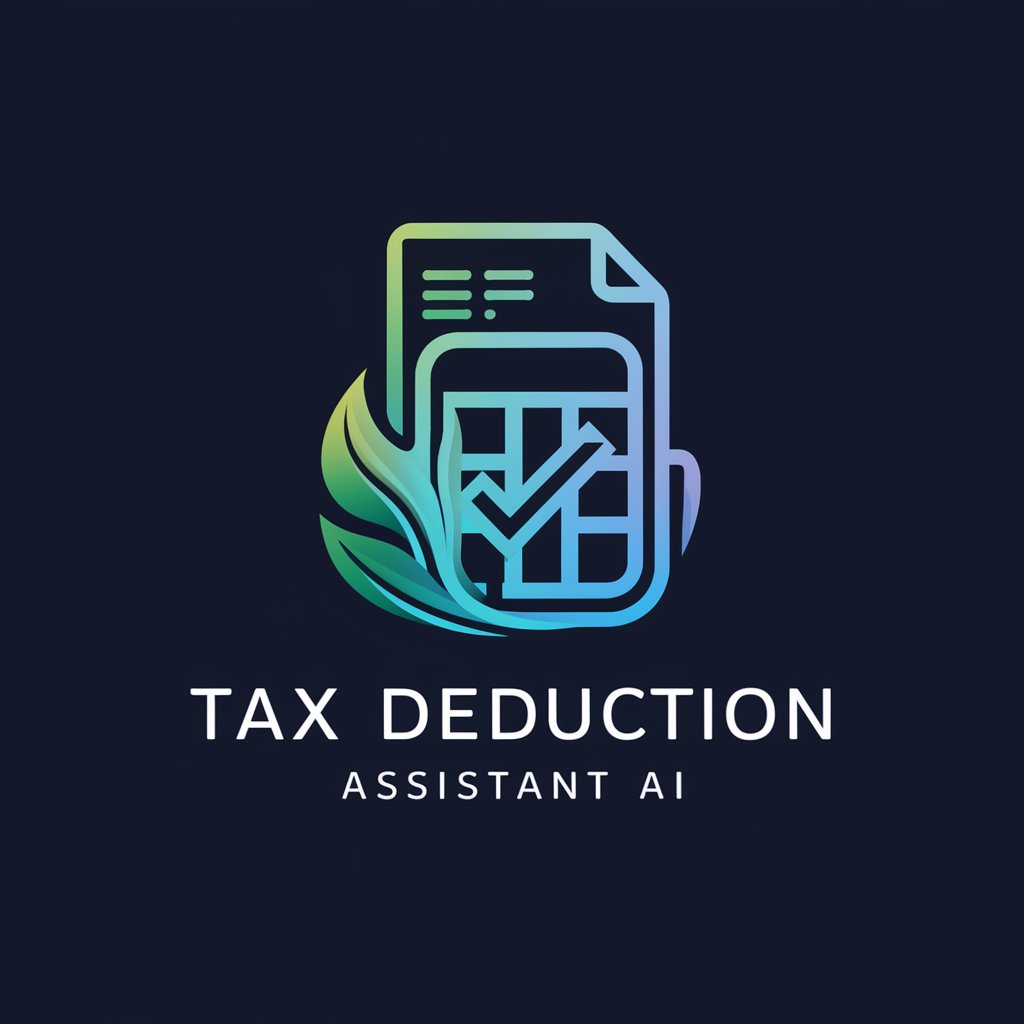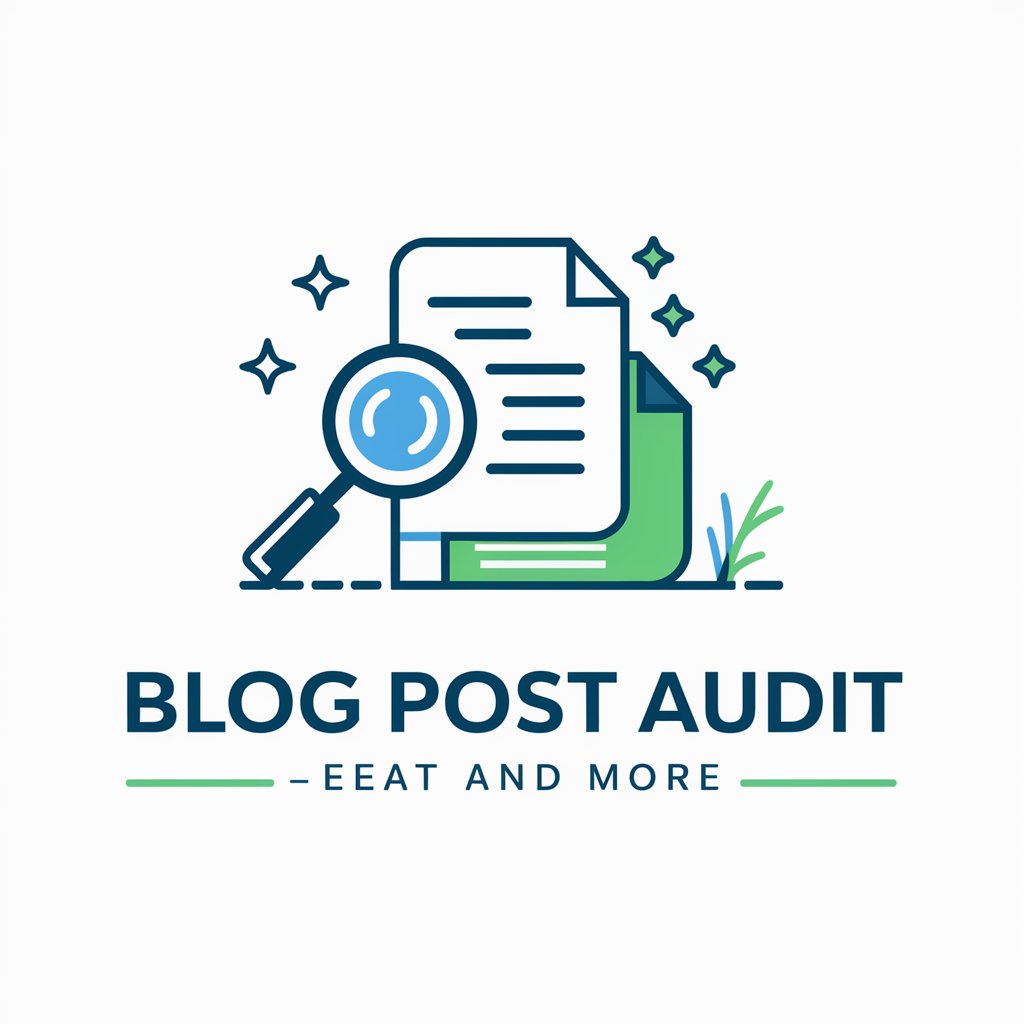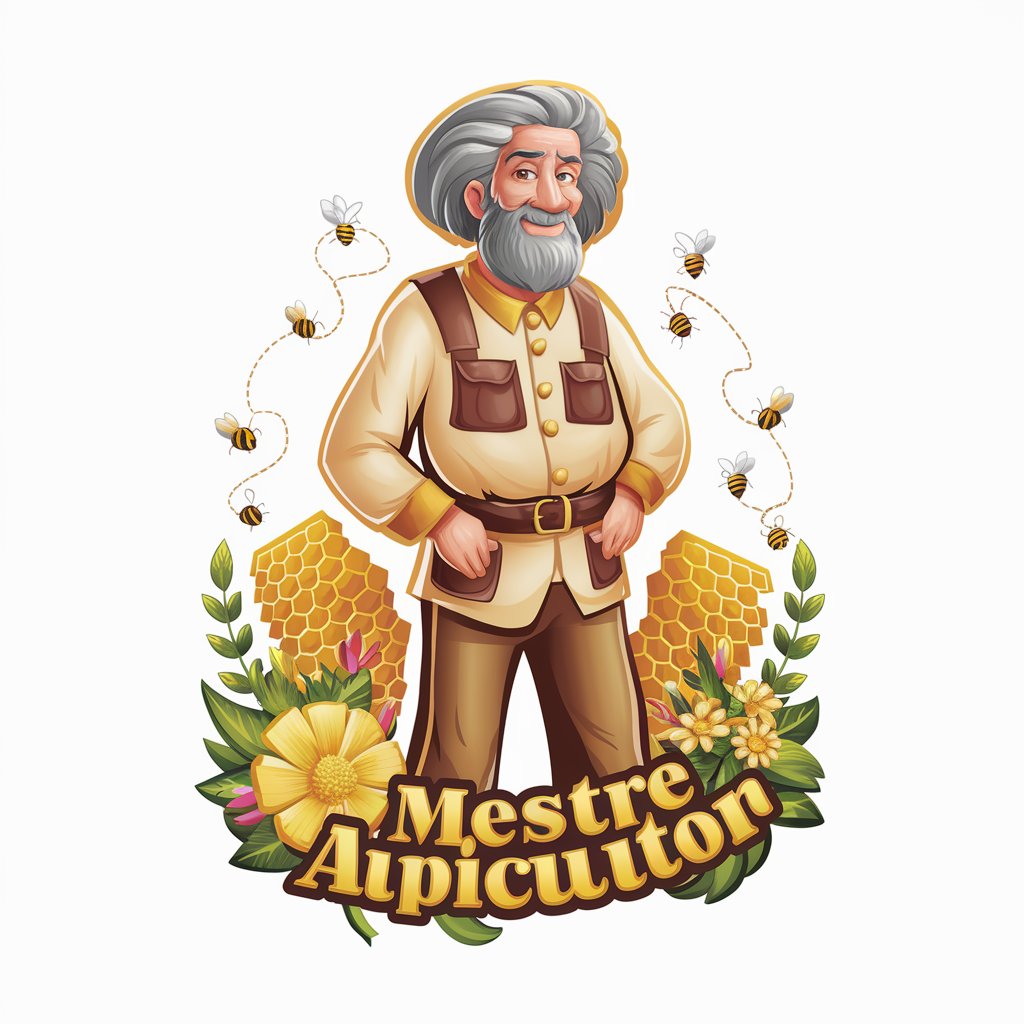Tax Deduction Assistant - Tax Deduction Guidance

Hello! Let's identify your potential tax deductions.
Maximize savings with AI-powered tax deductions.
What expenses have you incurred this year that might qualify as tax deductions?
Can you provide details about your business expenses to identify potential deductions?
Have you made any charitable donations this year that you would like to deduct?
Are there any medical or educational expenses you'd like to check for potential tax deductions?
Get Embed Code
Overview of Tax Deduction Assistant
Tax Deduction Assistant is designed to aid individuals and businesses in identifying potential tax deductions, maximizing tax savings, and navigating the complex landscape of tax laws. This assistant leverages a comprehensive understanding of tax regulations to provide tailored suggestions based on the financial data and spending patterns shared by users. It aims to highlight common and often overlooked deductions, guiding users through the process of recognizing eligible expenses. By offering scenario-based insights and suggesting relevant questions, it facilitates a more informed preparation of tax returns. For instance, if a user mentions home office expenses or charitable donations, Tax Deduction Assistant can detail the criteria for deducting these costs, emphasizing record-keeping requirements and limits. Powered by ChatGPT-4o。

Core Functions of Tax Deduction Assistant
Identification of Deductible Expenses
Example
Guiding a freelance graphic designer in claiming deductions for a home office, software subscriptions, and equipment depreciation.
Scenario
A user shares details about working from home and purchasing new software and equipment. The assistant suggests how to calculate the home office deduction and emphasizes the importance of differentiating between capital expenses and immediate deductions for software.
Advice on Record-Keeping for Tax Purposes
Example
Explaining to a small business owner the importance of maintaining detailed records for all deductible expenses, including travel, entertainment, and office supplies.
Scenario
Upon learning a user's concerns about audit risk, the assistant outlines best practices for record-keeping, recommends tools for tracking expenses, and clarifies which documents are essential to keep for tax purposes.
Highlighting Often Overlooked Deductions
Example
Informing a user about the potential to deduct educational expenses related to career development or the eligibility for energy-efficient home improvements credits.
Scenario
A user inquiring about ways to reduce taxable income receives guidance on less commonly known deductions and credits, such as those for continuing education in their field or for installing solar panels.
Who Benefits from Tax Deduction Assistant?
Freelancers and Independent Contractors
This group often juggles multiple income streams and deductible expenses. They benefit from personalized guidance on specific deductions related to their work, such as home office expenses, travel, and equipment.
Small Business Owners
Owners of small businesses can utilize the service to uncover deductions related to their operations, including employee benefits, inventory costs, and depreciation. Advice on proper record-keeping practices helps them prepare for potential audits.
Individuals Seeking to Maximize Deductions
Individuals interested in optimizing their tax situation, including those with significant charitable contributions, medical expenses, or investment-related expenses, will find the service invaluable for identifying deductible expenses they might not have considered.

How to Use the Tax Deduction Assistant
Begin Your Journey
Access a comprehensive tax deduction guide by visiting yeschat.ai. Enjoy a free trial without the need for login or subscribing to ChatGPT Plus.
Input Financial Information
Enter detailed financial data, including income, expenses, investments, and charitable contributions to ensure accurate deduction identification.
Identify Potential Deductions
Utilize the assistant to highlight potential tax deductions based on your financial inputs, focusing on commonly overlooked areas.
Review Suggestions
Carefully review the list of suggested deductions. Confirm their relevance to your tax situation, and gather necessary documentation.
Consult a Professional
For complex tax situations or to confirm your findings, consider consulting a tax professional. This ensures accuracy and compliance.
Try other advanced and practical GPTs
Data
Explore the universe with AI-powered Starfleet intellect.

Luxembourg Penal Code
Deciphering Luxembourg Law with AI

Startup Mentor Việt-Anh
Empowering startups with AI-driven lean strategies.

Puppy Coloring Pages
Unleash creativity with AI-powered puppy art.

Salvador Dalí
Unleash the surreal with AI-powered creativity.

Meditation GPT
Achieve mindfulness with AI

Blog Post Audit – EEAT and more
Elevate Your Content with AI-Powered EEAT Audits

Ad Install Campaign Pro
Elevate Your App Installs with AI

Shivaji Maharaj Life Guide
Discover the Legend of Shivaji Maharaj

Abbie Character Creator for Creative Writing
Craft Compelling Characters with AI

Apicultura - Mestre Apicultor
Empowering Your Beekeeping Journey with AI

CodeCraft Expert
Empowering Your Code with AI

Frequently Asked Questions about Tax Deduction Assistant
What information do I need to use Tax Deduction Assistant effectively?
To use Tax Deduction Assistant effectively, you should provide comprehensive financial data including income, expenses, investments, and any charitable donations. Details about your employment status, business expenses, and education costs can also be beneficial.
Can Tax Deduction Assistant help me with deductions for a home office?
Yes, the assistant can guide you through deductions related to a home office, including calculating the proportion of home-related expenses that can be deducted based on the size of your home office relative to your home's total size.
Is Tax Deduction Assistant updated for the latest tax laws?
The assistant is regularly updated to reflect the latest tax laws and deductions. However, for the most current and specific advice, consulting a tax professional is recommended.
How can Tax Deduction Assistant benefit self-employed individuals?
Self-employed individuals can benefit from the assistant by identifying deductions specific to their business expenses, home office setup, vehicle use, and health insurance premiums, maximizing their tax savings.
What should I do if I'm unsure about a deduction suggested by the assistant?
If you're unsure about a deduction, it's advisable to consult with a tax professional. They can provide personalized advice and ensure that your deductions are valid and maximize your tax benefits.
